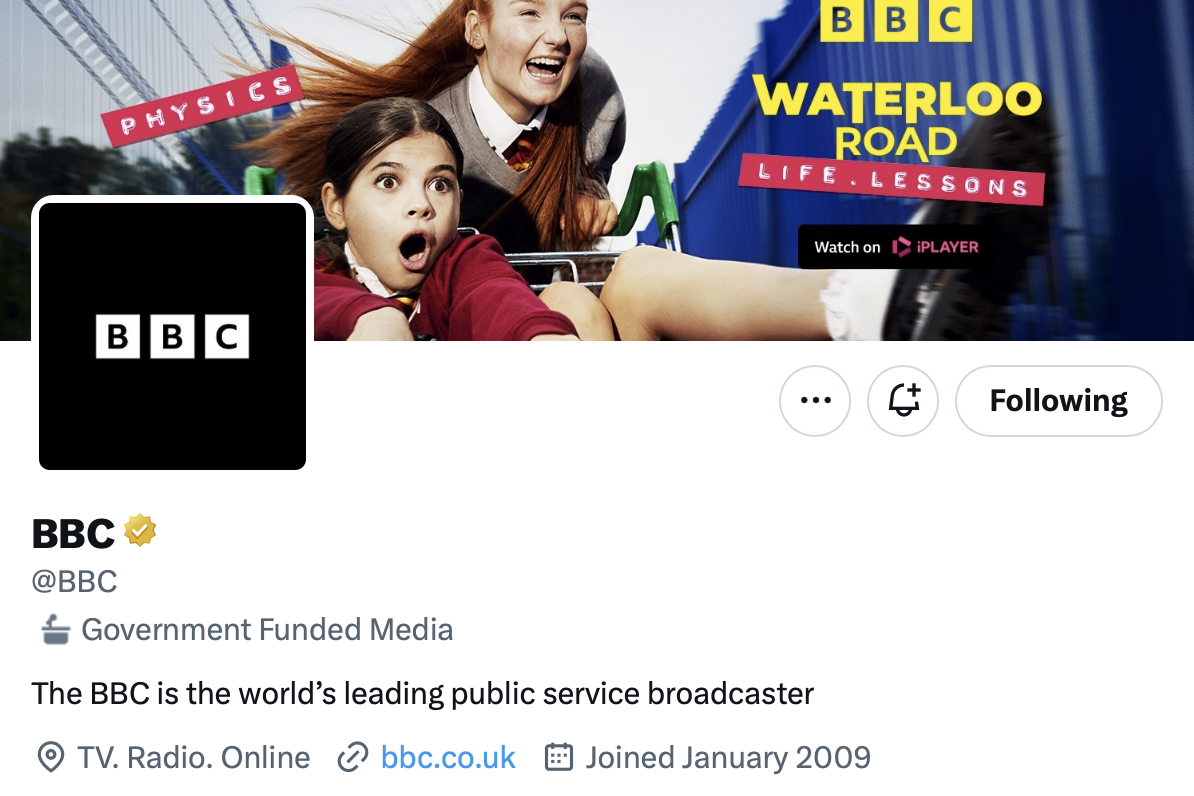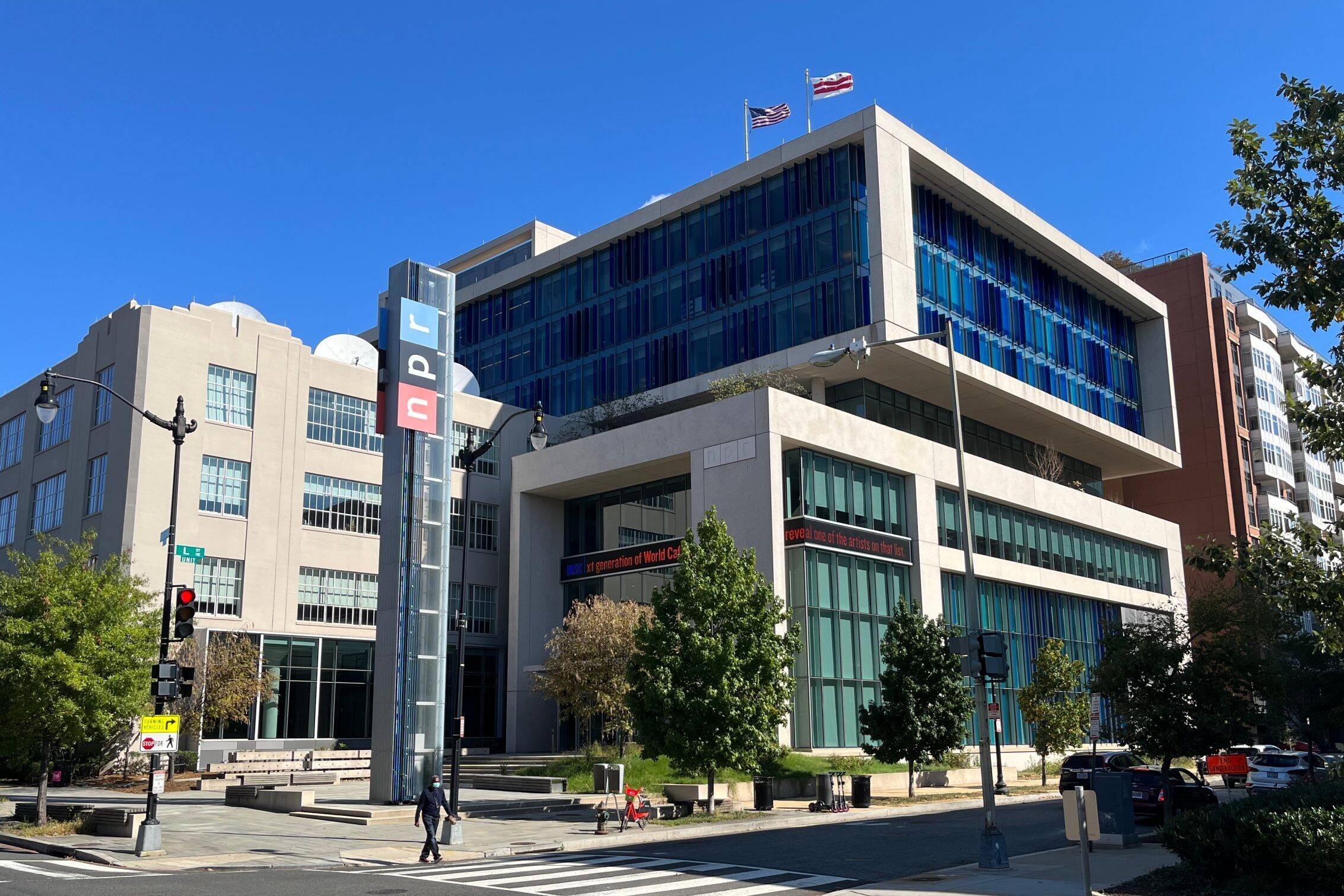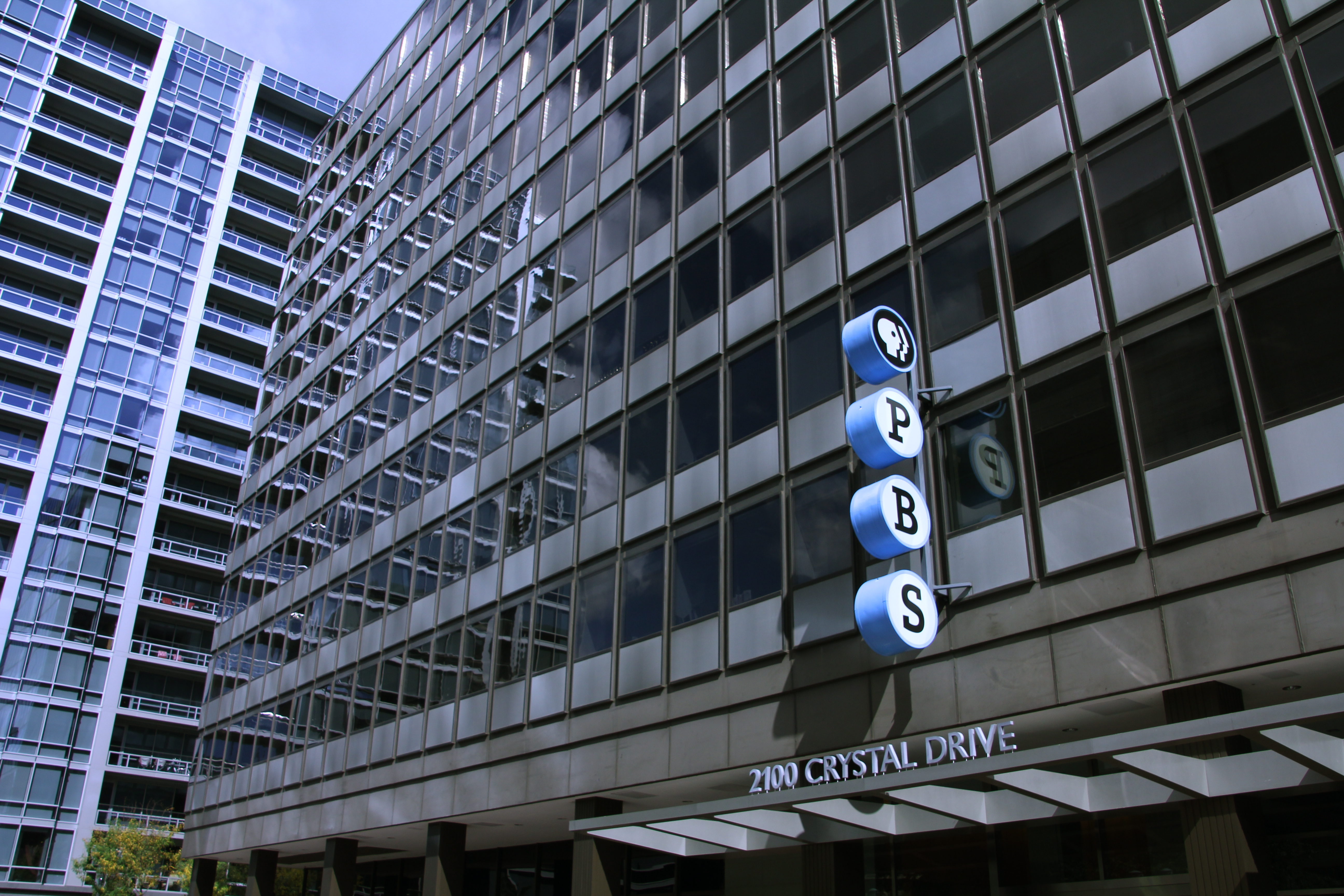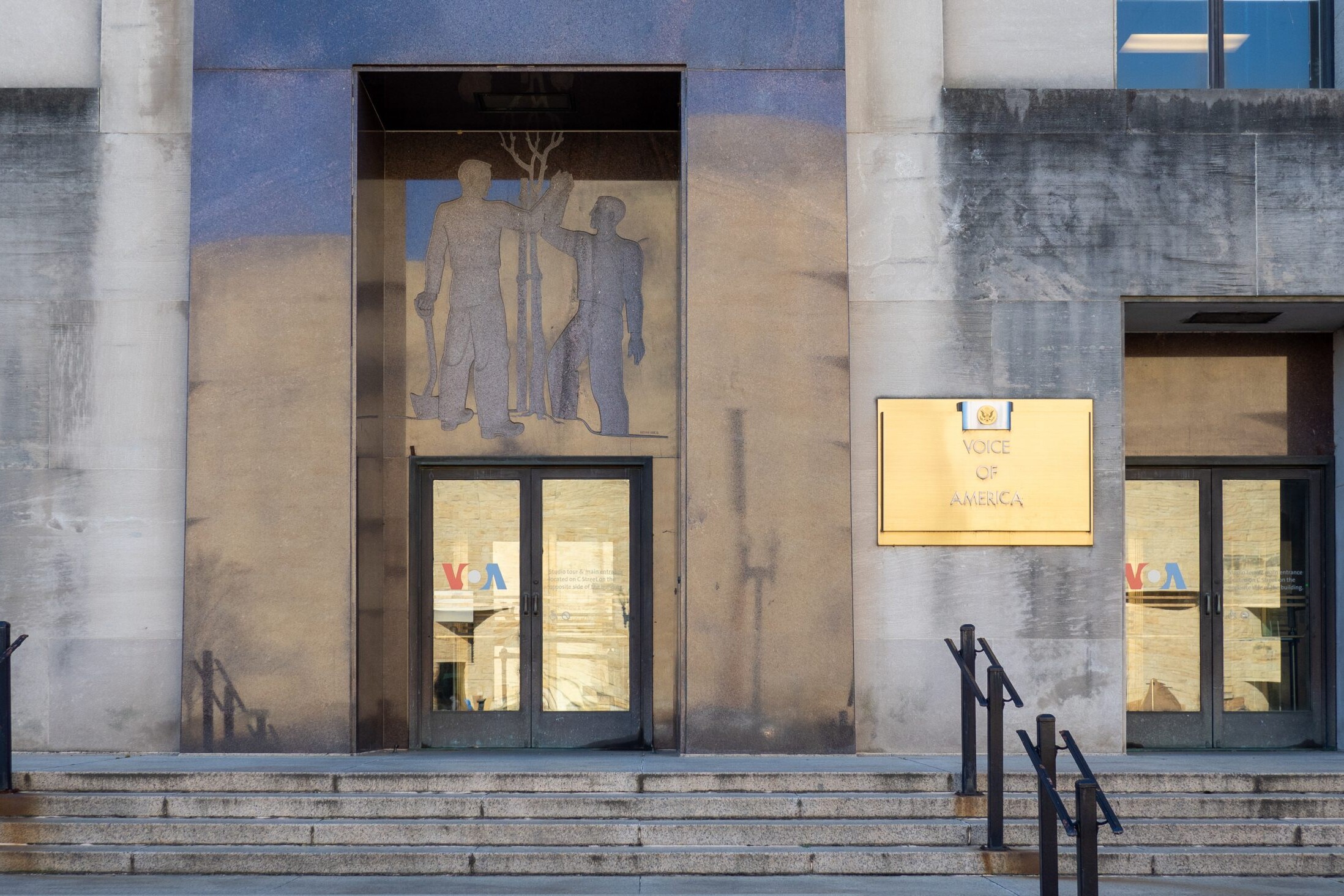US: Political pressures on public service media
19th May 2023
The US Governor of Oklahoma has vetoed a bill that would continue funding for the state’s public broadcaster; meanwhile a government report has found the former chief of VOA – appointed by President Trump – abused his authority.
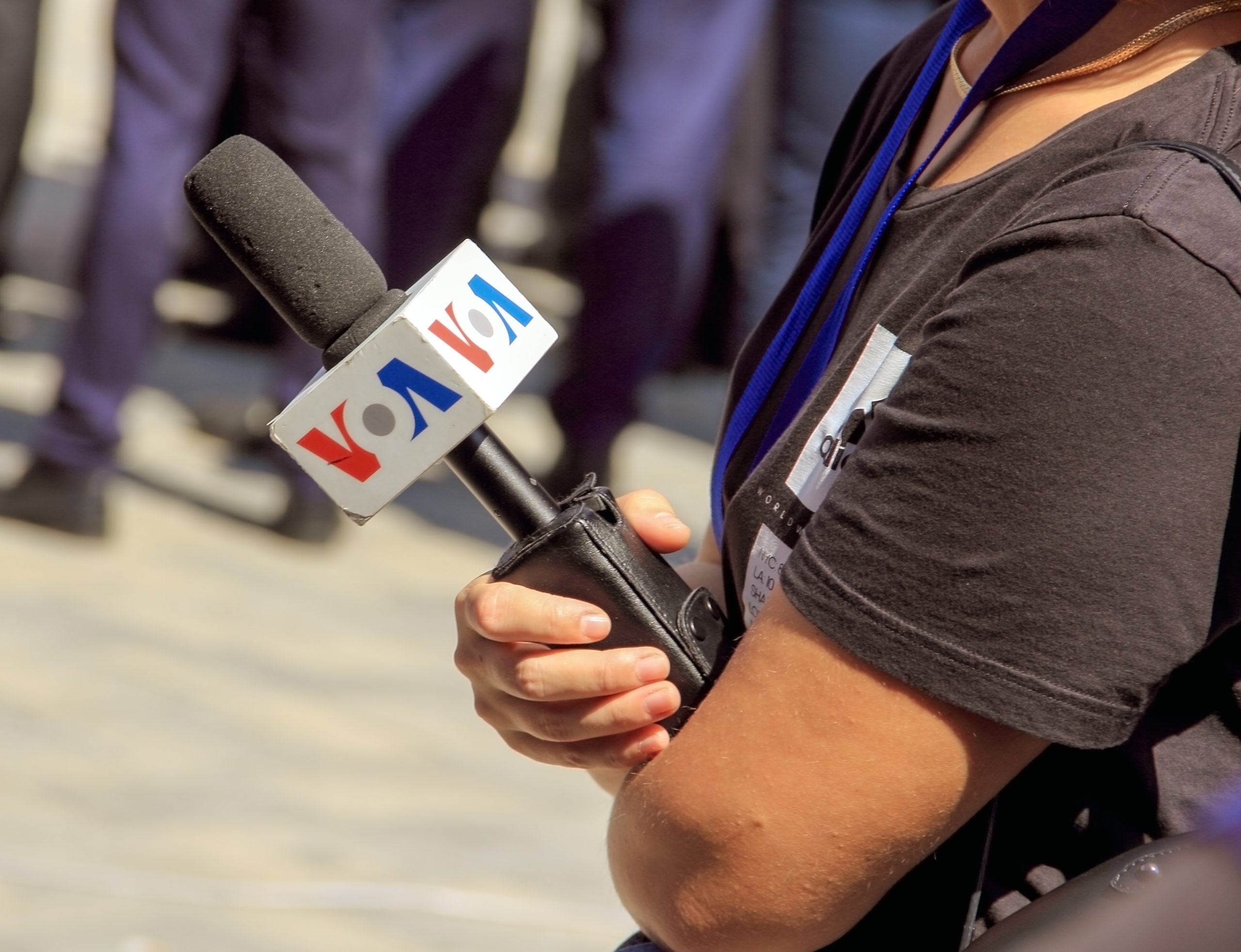
A report into the actions and behaviour of the former CEO of the US Agency for Global Media (USAGM) has found “he engaged in gross waste of public funds and abused his authority,” VOA reported. USAGM is the government body that administers the US’ international government-funded broadcasters, including Voice of America and Radio Free Europe/Radio Liberty.
Michael Pack became the first CEO of the USAGM to be presidentially appointed in June 2020. Despite only holding the position for eight months, he faced significant criticism for his actions and his conservative affiliations. He immediately took to purging the heads of its various media outlets and replacing them with “Trump loyalists“. In September 2020, he ignored a subpoena requiring him to attend a hearing about his radical changes, and in October 2020, he announced he would be repealing a “firewall” regulation designed to protect the broadcaster’s editorial independence.
The 145-page report into his actions, released by the Office of Special Counsel last week, found that Mr Pack abused his authority on multiple counts. This included the improper suspending of six senior executives, and a violation of the International Broadcasting Act when he tried to impose limitations on the removal of CEO-appointed board members and presidents.
Read more: Concern over political interference at West Virginia Public Broadcasting
It also found that he engaged in gross mismanagement when he moved VOA’s Standards Editor into a position with no real assigned duties or functions. He further engaged in both gross mismanagement and gross waste when he spent $1.6 million on a private law firm but who “did not produce the benefit reasonably expected and could have been performed by federal employees.”
A separate report, released in August 2022 by the US State Department’s Inspector General, also examined this payment to the politically-connected law firm. The report concluded that the services provided by the law firm “were duplicative of existing resources and involved the payment of billable hours far in excess of the salary of federal employees who can perform the same work.” The actual process of appointing the contract was found to be a “serious violations of federal law and regulation”, given the payment was unauthorised by anyone else.
Away from the USAGM, Mr. Pack has also faced scrutiny over the alleged use of donations from his non-profit, Public Media Lab, to fund his independent company, Manifold Productions. The lawsuit was eventually settled, and the Public Media Lab was closed down, according to Current.
Oklahoma public broadcaster at risk of closure
In April, the Governor of Oklahoma, Kevin Stitt, vetoed legislation which would renew the authorisation of the Oklahoma Educational Television Authority (OETA) for a further three years. Explaining the decision, Governor Stitt said, “Although the OETA may have played a principal role in the provision of educational television services at one time, today the OETA’s long-term, strategic value is at best unclear, if not outright imagined.”
He has previous form in this space. In June 2022, he stepped in and vetoed $8.2 million approved by the legislature for the OETA to improve its emergency broadcasting infrastructure.
Listen toour podcast
Uncovering and exploring the biggest
issues facing public media
According to CNN, OETA is the most watched PBS member station, reaching 650,000 viewers every week, providing programmes such as Sesame Street and Mister Rogers.
In the US, there has been a concerted effort by right-wing politicians to legislate to prevent LGBTQ+ education or information for children. In Florida, Governor Ron De Santis has approved the so-called “Don’t Say Gay” law, banning lessons on sexual orientation and gender identity. In Tennessee, a bill has criminalised drag performances in front of children.
Governor Stitt’s actions regarding the OETA, can be seen within this context. “The station doesn’t line up with Oklahoma values”, he said, claiming that its LGBTQ-inclusive programming is tantamount to the “indoctrination and over-sexualization of our children.”
But this is an alarming admission. Public service media does not and should not produce content to satisfy and please the authorities. Editorial independence – in news, education and entertainment – is ingrained into the identity of public service media. Public service media, by definition, should be editorially independent and able to represent the diversity of the public and not unduly influenced with implicit or explicit threats of funding cuts or shutdown.
Aside from this threat, there is another concern here if OETA is shuttered. As the organisation points out in its FAQs, “OETA is responsible for maintaining the state’s infrastructure for the PBS Warning, Alert and Response Network (WARN) system, which provides a path between the Federal Emergency Management Agency and cellular service providers to relay important emergency information state-wide via cellular networks.” Many public broadcasters act as a lifeline during emergencies and are a critical part of the response infrastructure.
The only way OETA will be rescued is if both the House and Senate vote to override the Governor’s veto. The Senate leader confirmed discussions were taking place this week to commence this action, which is likely to happen next week, according to The Oklahoman.
PMA will continue to monitor the situation.
Political interference
Both the investigation into VOA and the threat of closure facing OETA represent the pressures that continue to mount upon independent public service media in the US. PMA also recently wrote about the situation facing West Virginia Public Broadcasting, where it was alleged state officials used their position to undermine the organisation’s editorial independence.
In a country where public broadcasters do not share the prevalence of their European or Canadian counterparts, it is essential that US public service media organisations are protected, and assured of their editorial independence. Despite the pressures, public broadcasting still provides an enormous benefit to US society by representing diverse audiences, disseminating trusted and reliable news, and guaranteeing life-saving information during crises and emergencies.
Related Posts
9th April 2023
“Government-funded Media” Twitter label must be removed
PMA calls for Twitter to reverse its…
7th March 2023
US: Concern over political interference at West Virginia Public Broadcasting
Years-long political pressures on West…
21st January 2021
Hopes for editorial independence restored as USAGM CEO resigns
Hopes for editorial independence…

